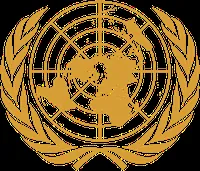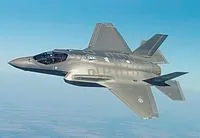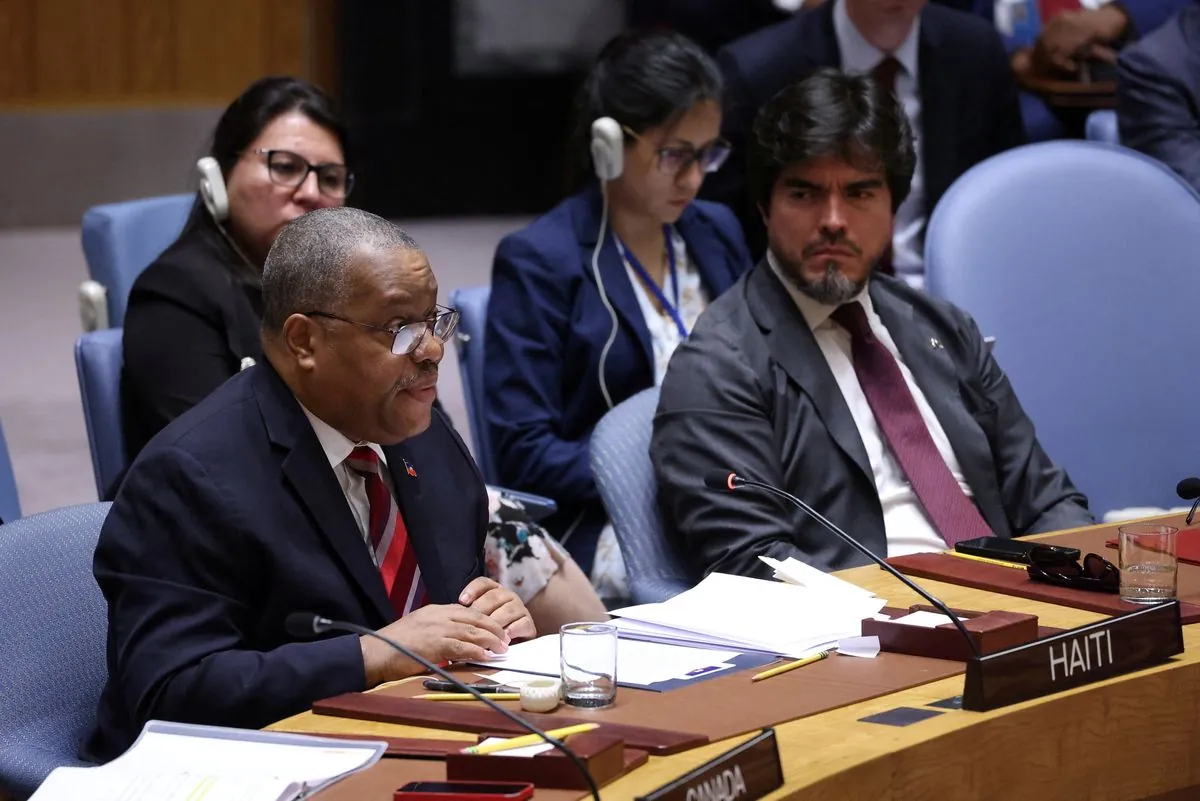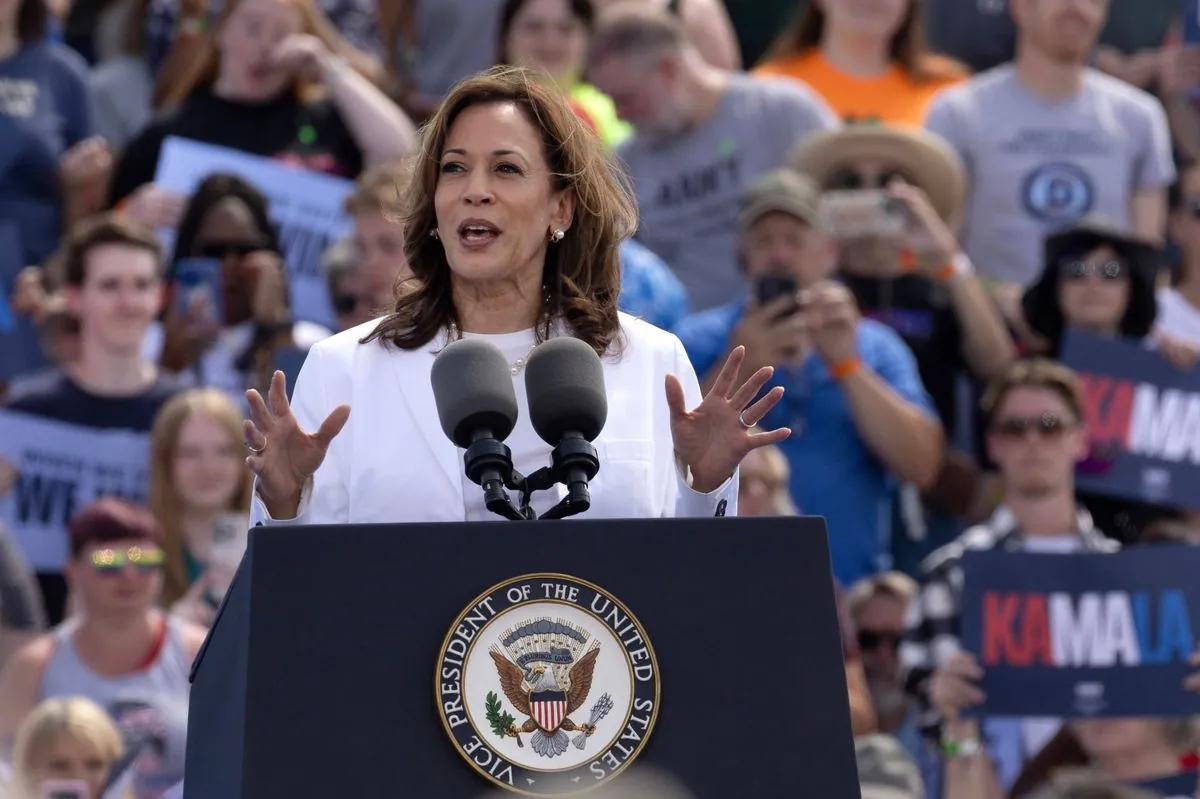North Korea and China Mark 75 Years of Diplomatic Ties Amid Geopolitical Shifts
Leaders of North Korea and China exchange messages on 75th anniversary of diplomatic relations. Experts analyze the current state of their alliance as North Korea strengthens ties with Russia.
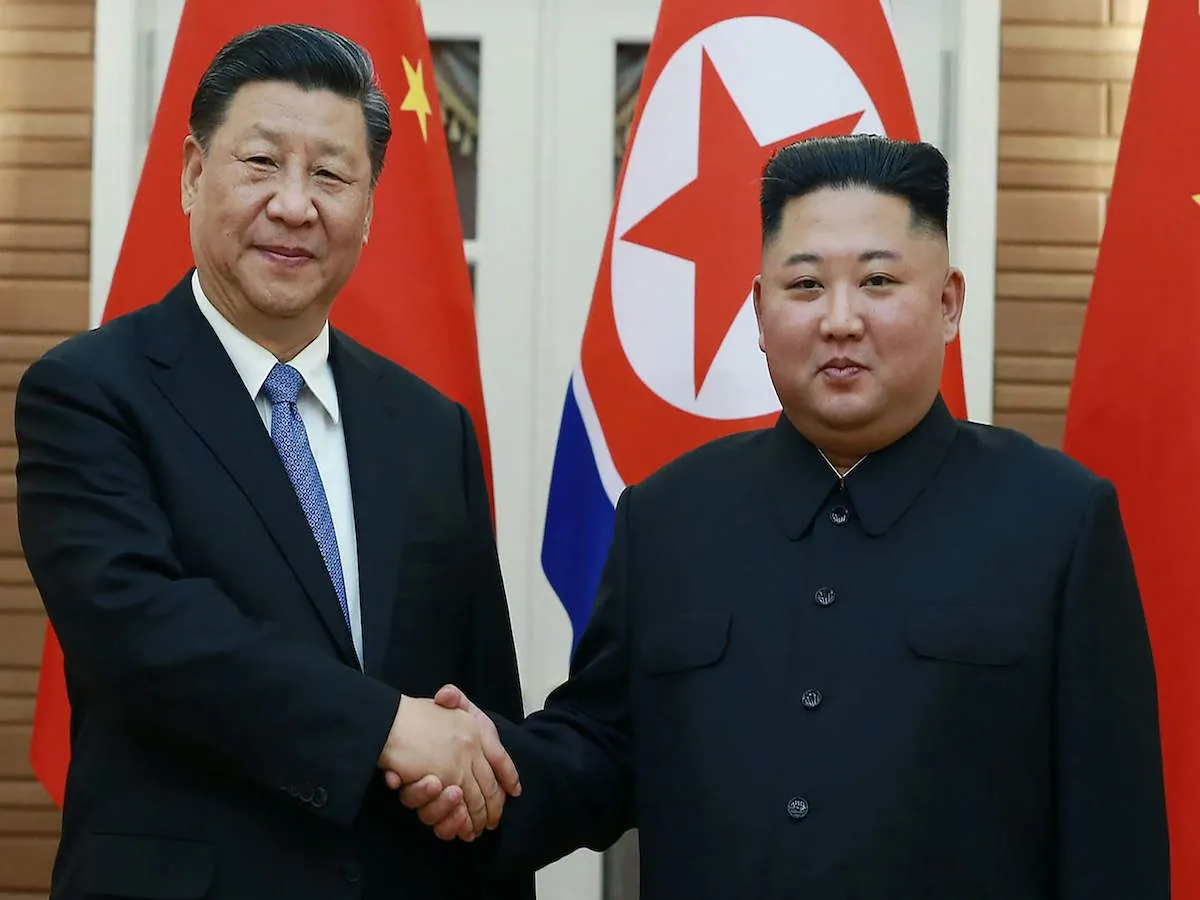
On October 6, 2024, North Korea and China commemorated 75 years of diplomatic relations, with leaders exchanging messages expressing hopes for stronger ties. This milestone comes at a time when geopolitical dynamics in the region are shifting, particularly with North Korea's growing cooperation with Russia.
Kim Jong Un, the leader of North Korea, conveyed his intention to "steadily strive to consolidate and develop the friendly and cooperative relations" between the two nations. In response, Chinese President Xi Jinping expressed China's readiness to jointly promote "the stable and further advance of the socialist cause in the two countries."
The relationship between North Korea and China, often described as being "as close as lips and teeth," has been a cornerstone of regional politics since the establishment of their diplomatic ties on October 6, 1949. China has long been North Korea's primary trading partner and aid provider, with over 90% of North Korea's trade conducted with China.
However, recent developments have raised questions about the current state of their alliance. North Korea has been significantly expanding its cooperation with Russia, particularly in the military sphere. In June 2024, Kim Jong Un and Russian President Vladimir Putin signed a mutual defense pact in Pyongyang, marking their most significant defense agreement since the end of the Cold War.
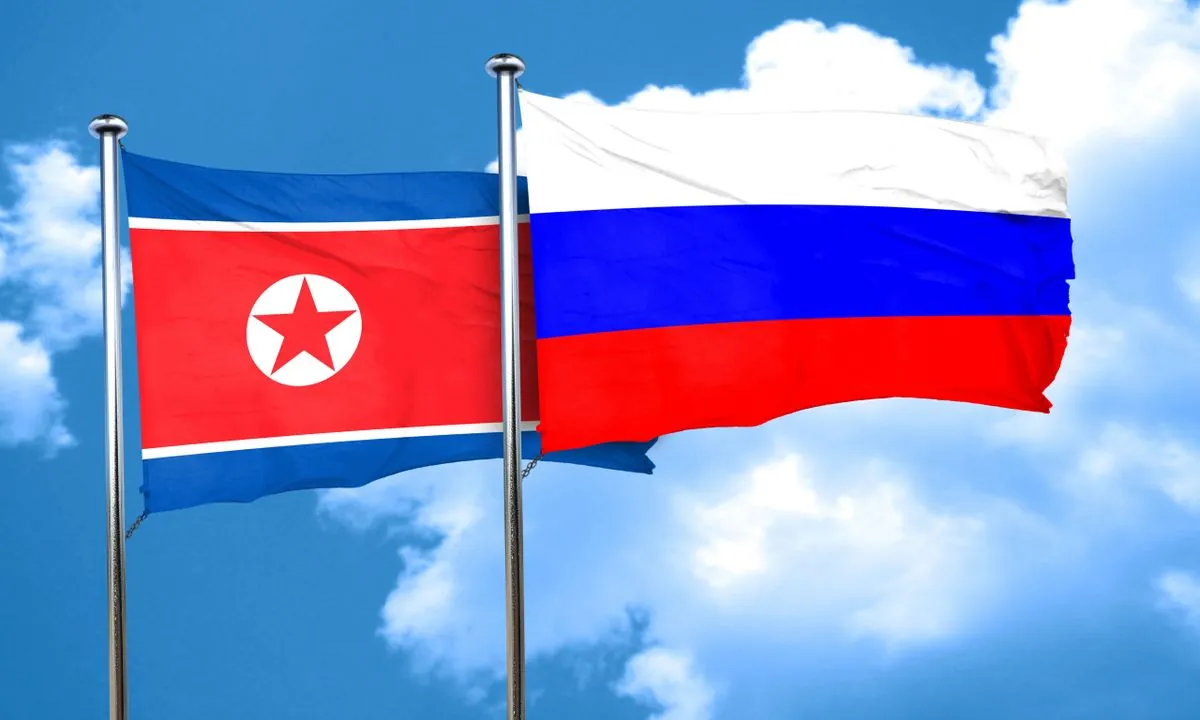
China, meanwhile, appears to be maintaining some distance from these developments. Experts suggest that China may be reluctant to form a three-way, anti-West alliance with North Korea and Russia, preferring instead to maintain a stable regional security environment to address its economic challenges and preserve relationships with other nations.
The situation is further complicated by North Korea's ongoing confrontations with the United States, South Korea, and their allies over its advancing nuclear program. North Korea conducted its first nuclear test in 2006 and has since faced multiple rounds of UN sanctions. Kim Jong Un has stated that the expansion of both nuclear and conventional capabilities is necessary to counter perceived U.S.-led security threats.
On the same day as the diplomatic anniversary, North Korean state media reported that Kim Jong Un oversaw a live artillery firing drill by military academy cadets. The North Korean leader emphasized the importance of "guerrilla war tactics to wipe out the enemies through rapid mobile and surprise operations," highlighting the country's continued focus on military preparedness.
The complex web of relationships in the region is further influenced by historical and geopolitical factors. China and North Korea share a border of about 1,416 kilometers, and their alliance dates back to the Korean War (1950-1953) when China supported North Korea against South Korea and its allies. The Sino-North Korean Mutual Aid and Cooperation Friendship Treaty, signed in 1961, further solidified their relationship.
As the international community continues to grapple with North Korea's nuclear ambitions and its strengthening ties with Russia, the level of exchanges and commemorative programs between North Korea and China in the coming months may provide crucial insights into the exact status of their relationship and the broader geopolitical landscape in East Asia.
























